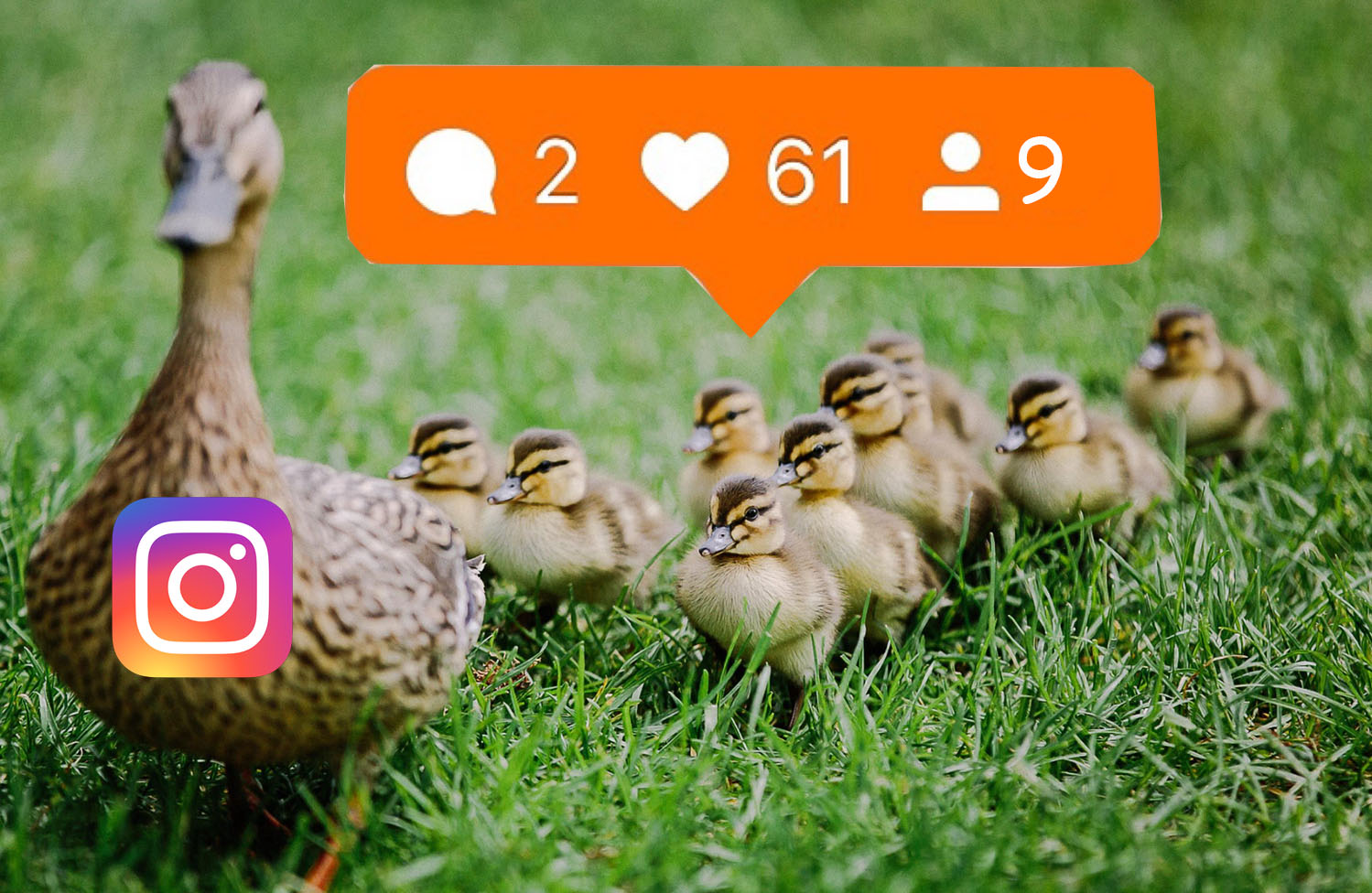Humans are creatures of habit, this much is certain, but if we crave anything as a species, we are constantly searching for affection and validation. Accounting for those under psychological duress that renders them otherwise dismayed by physical touch or verbal praise, it is rare that a person doesn’t want to be told that they matter. I say this as both a person who craves this attention and a conscientious observer of how people interact with the world around them and the other creatures that share their space. If attention and affection are what fuels our survival, then social media platforms are the artificial crops for which millions of people reap what they sow. Since its inception, social media has created a need where there once was none. People genuinely care how their content is received on these virtual smartphone applications and online websites, and some go so far as to base the entirety of their self-worth on the number of likes garnered from a tweet or photo.
In the world of content creation and the authors responsible for sharing these pieces of media, referred to as “influencers,” one’s ability to influence is directly correlated to how many people “follow” their pages or profiles. Think of it as a concert or performance: if more people purchase tickets and buy into the content, the reach of the information conveyed by the performance is increased. When an influencer posts a video to Youtube speaking on a product they’ve been asked to review, their subscribers will share these clips, thus boosting internet-wide discussion on the product. To put it simply, the game of social media relevance is solely pegged to how many followers/subscribers you have.
It is for this reason that third-party applications and programs have emerged over time that uses computer-powered accounts called “bots” which allow users to purchase more followers and increase their scope of influence. For one reason or another, companies that make bot programs also create millions of fake accounts that users, who purchase said service, will gain the following of after they’ve used one of these apps/services. This practice is severely frowned upon in the world of social influence, and most platforms like Facebook (FB), Instagram, and Twitter (TWTR) have banned users for purchasing fake followers to boost the influence of their accounts. In an interesting turn of events, a recent TechCrunch investigation revealed that Instagram hypocritically continues to sell ad space to services that charge clients for fake followers or other apps that automatically follow/unfollow other people to increase followers for the client.
Per the official details of the investigation, TechCrunch found “17 services selling fake followers or automated notification spam for luring in followers that were openly advertising on Instagram (FB) despite blatantly violating the network’s policies.” The findings of the report continued to suggest that the companies responsible for displaying these ads on Instagram’s (FB) platform were well aware that their actions were in direct violation of Instagram’s policies, and they even went so far as to justify their spam generation.
“What we’re doing is obviously against their terms of service. We’re going in and piggybacking off their free platform and not giving them any of the revenue. Instagram doesn’t like us at all. We utilize private proxies depending on clients’ geographic location. That’s sort of our trick to reduce any sort of liability. It’s a careful line that we tread with Instagram.”
–Gun Hudson, Founder, Macurex
To be perfectly honest, I despise the stranglehold social media has on modern society. I find it as upsetting as it is immensely intriguing that millennials at a dinner party will unlock their smartphones and scroll down the various feeds of their social media apps, rather than participate in a conversation with other people sitting around them. I am of the opinion that future generations will have chronic postural issues because of the sheer fact that everyone is constantly looking down at a screen. Though Instagram’s (FB) promotion of third-party apps that artificially boost social influence is disconcerting, the greater issue is our dependence on validation through virtual social interaction.





